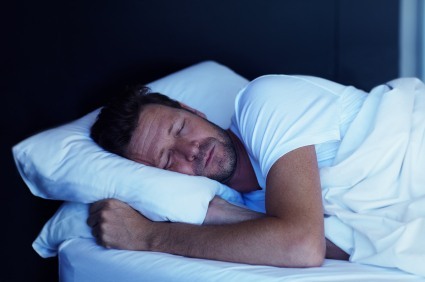Sleep Tips for Beating the Winter Blues
Nothing could impact our health, mood, and vitality more than a good night’s sleep. Without it, we simply can’t function our best. Less sleep directly compromises our immune system, lowers our stamina, and promotes the symptoms of Seasonal Affective Disorder (“SAD”).
Our sleep-wake cycle is regulated by the “drowsiness” hormone melatonin, which is produced by the pineal gland. Melatonin levels are higher in the winter due to decreased sunlight, and without bright morning sunlight, it lingers longer in the morning. This makes it difficult to wake up.
Tips for Regulating Melatonin and the Sleep-Wake Cycle
Keeping your batteries replenished through the darker winter months is achieved by keeping your sleep-wake cycle similar to other times of the year. Here’s how:
- Maintain a regular sleep schedule as much as possible, even on the weekends.
- Try to get as much natural light as possible in the morning hours before 8 am, to help lower melatonin levels. Sit by the window or go for a morning walk.
- Use a lightbox for phototherapy to help balance your circadian rhythm and combat SAD. This full-spectrum light can be placed next to your bed and programmed on a timer to get brighter in the mornings, to mimic sunrise. This helps shut off the production of melatonin. However, it’s important to use lightboxes according to the natural pattern of summer sunlight, because too much bright light at the wrong times can result in insomnia. So use them to stimulate dawn (6 am – 8 am) every morning for the duration of the winter.
- If you take melatonin supplements, do so in consultation with your physician, and take it around 8 pm to avoid staying up too late, and sleeping in too late.
- Keep active with exercise! Not only does it release endorphins, serotonin, and dopamine hormones to lift your mood, but tiring your body with healthy exertion will naturally contribute to a restful sleep, and keep your energy levels higher during the day.
Although melatonin is the hormone that regulates hibernation in animals, we don’t have to spend the winter months drowsy and holed up in our houses. You can maintain a healthy sleep-wake cycle through the winter, and get out and enjoy the season!
What is Mountain Trek?
Mountain Trek is the health reset you’ve been looking for. Our award-winning retreat, immersed in the lush nature of British Columbia, will help you unplug, recharge, sleep deeply, and roll back years of stress and unhealthy habits. To learn more about the retreat, and how we can help you reset your health, please email us at info@mountaintrek.com or reach out below:



